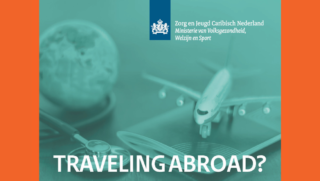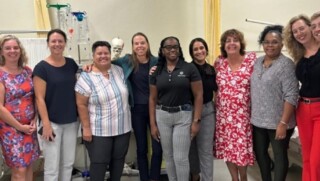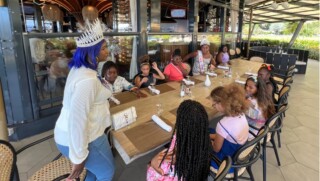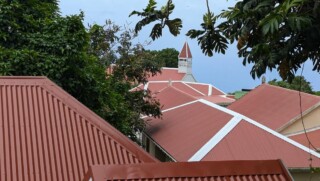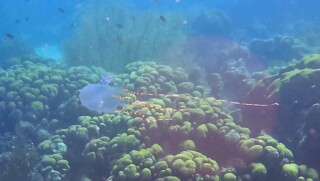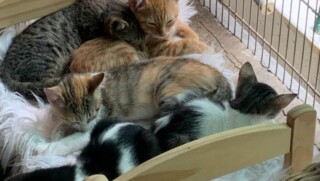Loose Roaming Livestock Increasing Problem St. Eustatius
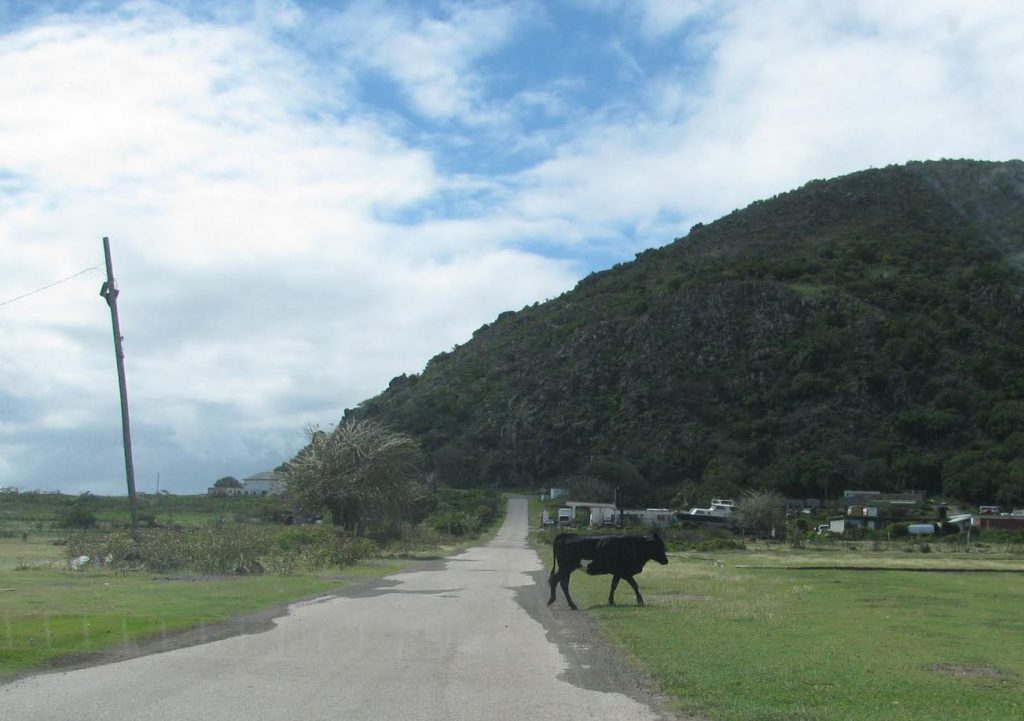
Oranjestad, St. Eustatius -Loose roaming livestock is an increasing problem in St. Eustatius. Recent research indicates that from 2013 the number of goats and sheep has increased from approximately 3700 to currently approximately 12.000.
The high number of loose roaming animals is causing major damage through erosion leading to sediment run off and subsequent coral damage and a high negative impact for marine and terrestrial biodiversity on the island which effects the tourism and economic development. This is also an obstacle to agriculture initiatives. In addition, the roaming animals cause safety issues due to vehicular accidents and dogs attacking and sometimes slaughtering the animals. Therefore, it is necessary to start removing the loose roaming animals and simultaneously support the animal keepers/farmers to develop and implement a sustainable way of livestock farming which g creates opportunities for economic development and people development. (to be continued on the next page)
Legal framework
With the project to remove loose roaming animals, the Public Entity acts on the General Local Ordinance (Algemene Plaatselijke Verordening (APV) 2018. This article (chapter 3, paragraph 3) endorses that free roaming livestock is prohibited. This means that it is not allowed to let livestock unattended on or along public roads and letting livestock run free on another person’s’ property without their permission. Livestock roaming free on domain land is also prohibited.
Constructive
During the preparation process, the Public Entity, St. Eustatius National Parks Foundation (STENAPA), the animal owners and farmers have worked closely together in a very constructive and positive way. In total three stakeholder meetings were held to inform and involve the animal owners. During the third meeting early October stakeholders agreed on the way forward.
Vision
Animal husbandry is part of the culture of Statia and for many Statians the free roaming animals provide an easier way to obtain meat. However, the number of free roaming animals have outgrown the islands carrying capacity and is contributing to several natural and social damages and interferences. A vision and strategy was needed. The vision of the Public Entity of St. Eustatius for sustainable agriculture is to promote food security, adequate food quality and food safety, to create economic opportunities by people empowerment, to foster a healthy natural environment and to increase self-sufficiency by developing human capacity and local resources. The execution of the project of roaming animals endorses this vision.
Also read:
- Traveling abroad?
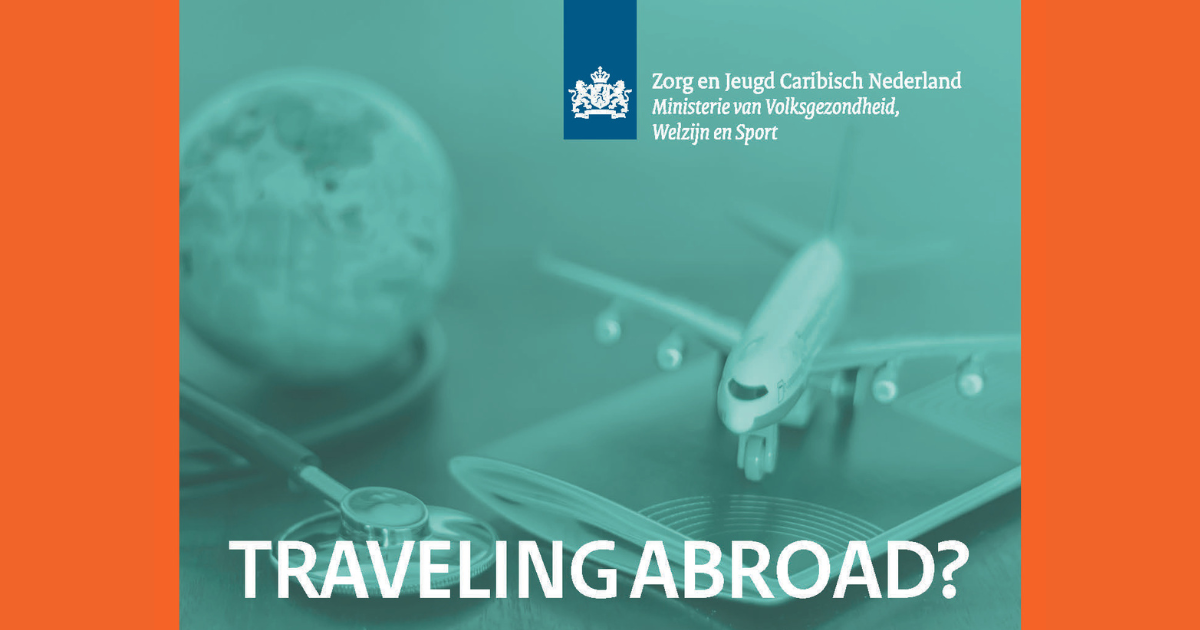
- Curaçao Seeks ‘Level Playing Field’ for Local Airlines
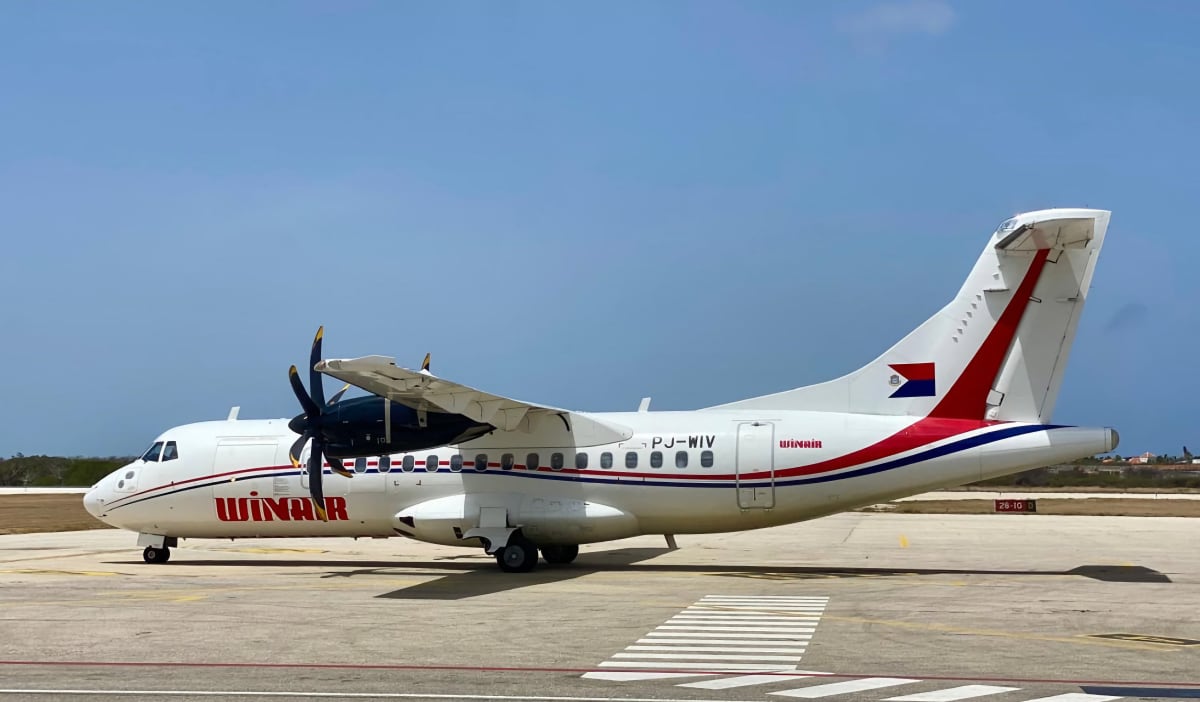
- First Edition of Bonaire by Night on Friday, August 2

- Edsel Winklaar appointed interim director at Selibon N.V.

- Bonaire Human Rights Organization advocates for Bonaire in Azerbaijan



